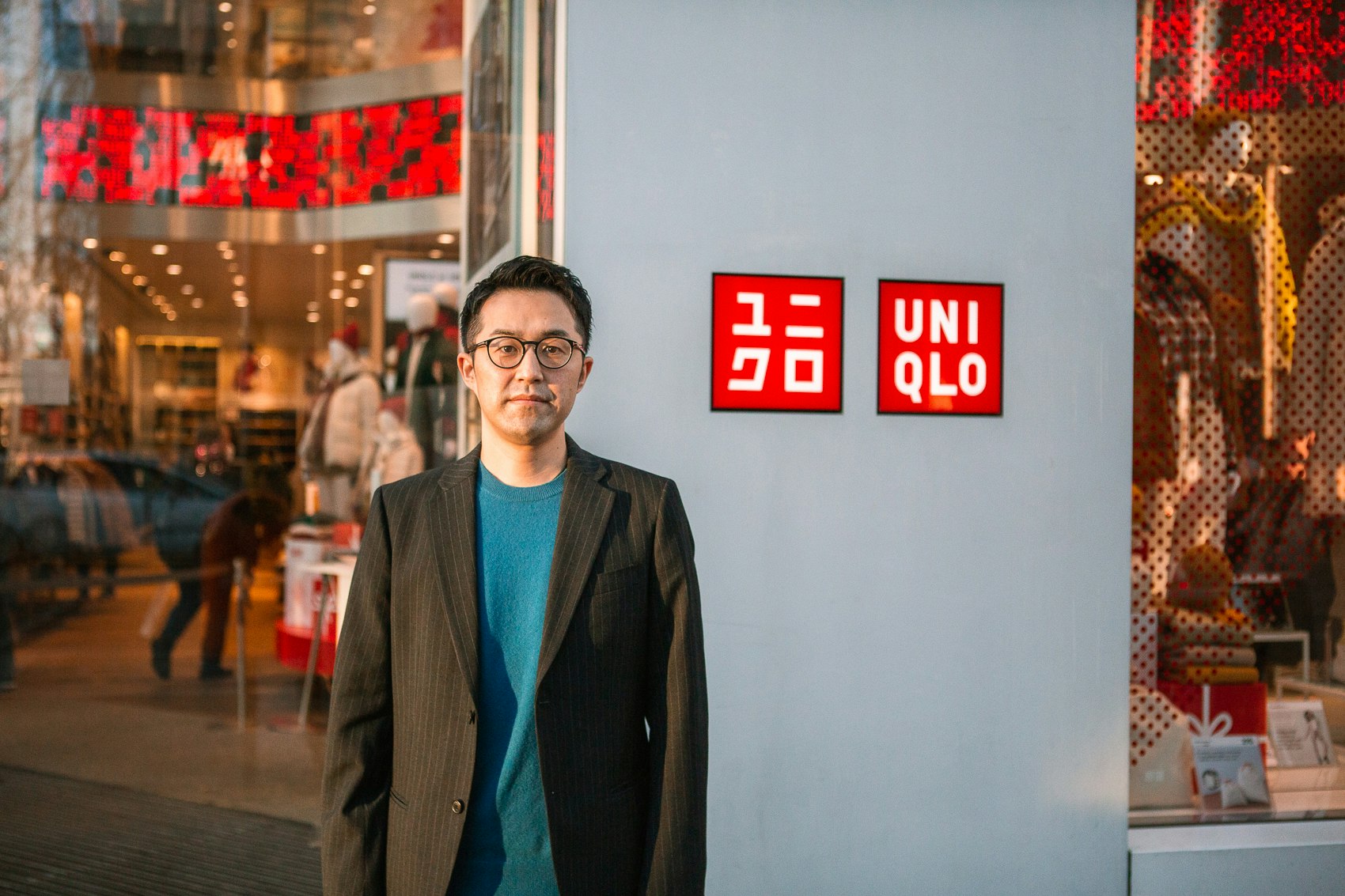The Silicon Valley chip manufacturer Intel has invested in more than 40 Chinese start-ups while receiving billions in US subsidies.
The venture capital subsidiary of Intel, Intel Capital, has established itself as one of the most active foreign investors in Chinese startups in the fields of artificial intelligence and semiconductors. This comes at a time when the chip manufacturer is receiving $147 billion in funding from the US government to catch up in the technological competition with Beijing.
According to an analysis by the FT, Intel Capital owns shares in 43 technology startups based in China. Since the founding of the venture fund in the early 1990s, it has invested in more than 120 Chinese companies, as data from Crunchbase show.
The fund, which invests from the chip manufacturer's balance sheet, continues to support emerging Chinese companies, even as many of its American counterparts have exited the market under pressure from U.S. authorities. In February, Intel Capital invested in a $20 million funding round for Shenzhen-based AI-Link, a platform for 5G and cloud infrastructure. Last year, it led a $91 million funding round for North Ocean Photonics, a Shanghai-based manufacturer of micro-optic hardware.
The increasing geopolitical tensions between Washington and Beijing have led to heightened scrutiny of private investment flows between the two economic powers as they compete for technological and military supremacy. In June, the Biden administration introduced rules to limit U.S. funding of Chinese technologies that could have military applications, such as AI, quantum computing, and semiconductors. The regulations are expected to be finalized this year.
An insider said Intel Capital's investments were "poster examples" that helped build consensus for the new export controls. The company's current investments in China include about 16 AI startups and 15 in the semiconductor field, as well as companies developing cloud services, electric vehicles, telecommunications, virtual reality, and batteries.
Intel Capital may be forced to divest from some companies once US regulations take effect. However, the US Treasury Department is considering whether exceptions can be made for certain venture capital transactions.
In the past 18 months, Intel Capital has slowed its investment activities in China, according to data from ITjuzi, completing just three deals since the beginning of 2023. Investment controls, a slowdown in the Chinese economy, and the ongoing impact of Beijing's crackdown on technology companies have affected the valuations and viability of startups.
A report by a US committee in February revealed that American venture capital firms have invested billions of dollars in companies that support China's "military surveillance state and the genocide of the Uyghurs." This includes investments of $1.9 billion in AI companies and an additional $1.2 billion in semiconductors.
The report named five US venture firms — Sequoia, GGV, GSR Ventures, Qualcomm Ventures, and Walden International — but did not mention Intel Capital, although the fund is one of the largest US investors in China after some of its rivals have exited the market.
Intel Capital is "much more active" than Qualcomm's venture arm in China, said the head of a major US fund with a long history in China. "Intel is active in everything.
Here is the translation of the heading to English:
"John Moolenaar, Republican Chairman of the House China Committee, said the case underscores the need for stricter regulation. 'The Communist Party of China remembers the old communist proverb that "the capitalists will sell us the rope with which we will hang them,"' said Moolenaar. 'We need strong capital flow restrictions to prevent American companies from investing in firms closely connected to the armed forces of the CCP.'
Intel Capital declined to comment.
Sequoia Capital and GGV Capital, two of the largest US venture investors in China, spun off their Chinese businesses last year due to increasing political pressure. Qualcomm, Walden, and GSR continue to invest in Chinese startups.
In March, Intel received approximately $20 billion in grants and loans from the US to finance an expansion of its semiconductor factories. This was the largest award from the government's "Chips and Science Act" of 2022, which aims to strengthen the domestic chip industry. The package will support more than $100 billion in US investments from Intel for advanced chip manufacturing facilities, including the construction of mega-factories in Ohio and Arizona.
The Nasdaq-listed Intel Corporation has a large business in China, where it employs around 12,000 people and generated 27 percent of its worldwide revenue in 2023. The Chinese company Lenovo is one of the three largest customers of its chips, alongside Dell and HP, generating 11 percent of global revenue. Last month, Intel's China division acquired a 3 percent stake in the Shenzhen-based telecommunications equipment manufacturer Luxshare.
The China business of Intel Capital is led by Tianlin Wang, a longtime Intel employee and head of the unit since 2017. There are six other investment directors in the country. Globally, Intel Capital has invested more than 20 billion dollars since the early 1990s and is led by Anthony Lin in San Francisco.
Since 2015, Intel Capital has participated in deals worth a total of $1.4 billion with Chinese start-ups, according to data from PitchBook. This figure refers to the total value of the deals and not to Intel Capital's individual contribution, which the company does not disclose publicly.
Already in 2014, Intel Capital announced that it had invested 670 million dollars in more than 110 Chinese technology companies. In 2015 alone, it provided 67 million dollars to eight Chinese technology companies. Since then, Intel Capital has not made the extent of its investments in China publicly known.
A report by the US Center for Security and Emerging Technology, a DC-based think tank, on the national security risks associated with US investments in Chinese AI companies, found that Intel Capital was involved in 11 deals for such companies between 2015 and 2021. A person close to Intel stated that there were only four AI deals during that period.
In some cases, the US fund received a seat on the board, such as with Horizon Robotics, a chip manufacturer, and Eeasy Tech, which develops AI chips for facial recognition and is also supported by the Zhuhai provincial government.
Intel Capital's investments in Chinese AI companies have led to the formation of strategic partnerships that could benefit the Chinese companies in ways that complement the Chinese government's strategies, the report said.
In one case, Intel Capital helped finance the founding of a Chinese company that was later sanctioned by the USA. The fund was one of the earliest investors in the AI voice recognition group iFlytek, acquiring a 3% stake in 2002, before selling the stake two years later. The company was one of six Chinese companies banned by the USA in 2019 due to their alleged role in human rights violations in Xinjiang.
The fear of falling behind in the AI era has created a sense of urgency for Intel Capital," said the head of a rival Chinese venture firm that has co-invested with them. "Intel faces such fierce competition in AI in the US that they cannot afford to lag behind, so they have to look globally for AI investment opportunities, and China is one of the few options.







